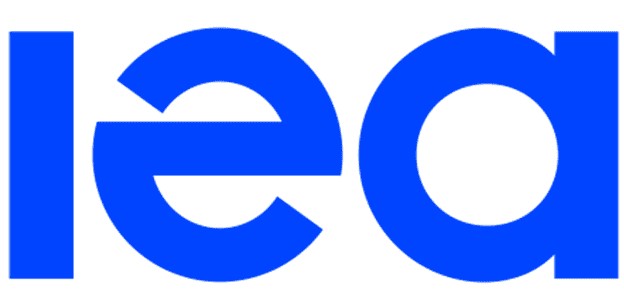July 2018 can be said to be the best month ever in the history of Nigeria’s oil and gas sector, considering the signing into law, the new legal framework targeted at ending gas flaring.
The Flare Gas Reduction (Prevention of Waste and Pollution) Regulation 2018, signed in early July 2018, and gazetted will, among others, empower the federal government to takeover exploration fields where flaring takes place.
Apart from encouraging massive investments in gas capturing and commercialization, observers say a high level of clean living will come alive in host communities where flaring had been taking place for decades.
Another milestone incorporated in the new regulation is the exclusive power to takeover flare fields at no cost or compensation as the key policy direction include to effect the reduction of environmental/social impact caused by the flaring of gas, protection of the environment, prevention of waste of natural resources and creation of social and economic benefits from flare gas capture. The document affirmed the right of the government, under Section 9 of the Petroleum Act, to take natural gas produced with crude oil free of cost at the flare site and without payment of royalty.
The regulation provides in parts that “The provision of this regulation is applicable to all petroleum licences, including marginal fields. It also outlined bid processes and the penalties for supply of inaccurate data by a producer of flared gas. According to regulation, the minister may, by a permit to access flare gas, authorise a qualified applicant selected further to competitive bid processes conducted by the Federal Government, to take flare gas on behalf of the government at any flare site as specified in the permit.
“Any producer may apply to the Minister to utilise flare gas for commercialisation, provided that such application shall (a) exclude any flare gas volume that is being offered in a bid process conducted by the Federal Government or has been assigned to a permit holder, (b) be made by the producer on behalf of a midstream subsidiary corporate entity, either existing or to be incorporated. Nigeria is said to flare an excess of 800 million standard cubic feet, scf, of gas a day from 178 flare sites, according to the Ministry of Petroleum Resources.
Apart from returning residential sanity in host communities, the new Regulation will become a booster to the nation’s quest to deepen gas-fired power plants as more gas abundance will hold sway, thus leading to steady electricity.
Besides, the new regulation will ginger more private sector investments in Liquefied Petroleum Gas (LPG) and on the long run, cause drastic reduction in cost of cooking gas which will help the nation to exit use of unclean cooking energy sources including use of Kerosene stokes and fuelwoods.
As the new regulation takes effect this month, International Oil Companies (IOCs) will begin to take percussions to avoid hostile takeover of their field due to breaches as the regulation contains higher penalty for gas flaring than currently obtains and contains a large number of references to “The Qualified Applicant” and “Permit Holder” of flare gas sites, two entities that are largely unknown in extant Nigerian petroleum ecosystem.
One of the regulatory highlights as contained in the regulation is that the industry watchdog, “the Department of Petroleum Resources (DPR), may request a producer to provide flare gas data and when that request is made; the producer shall provide such flare gas data in the format required within 30 calendar days of the date of the request. In the last 18 months, the DPR has called for data twice from flare gas producers.
“The ministry will call again for data after the regulation has been gazetted. Any individual in any company that signs a letter conveying the data has a duty to ensure that the data is accurate.” Any person acting on behalf of a producer, who supplies inaccurate or incomplete Flare Gas Data to the DPR or any other duly empowered lawful authority, will be liable to criminal prosecution.
Industry observers who have weighed the intelligence embedded in the regulation say it remains one of the takeaways of the current administration of President Muhammadu Buhari.









